“I wrote a book!” Chemistry concentrators offer a few words on the senior thesis
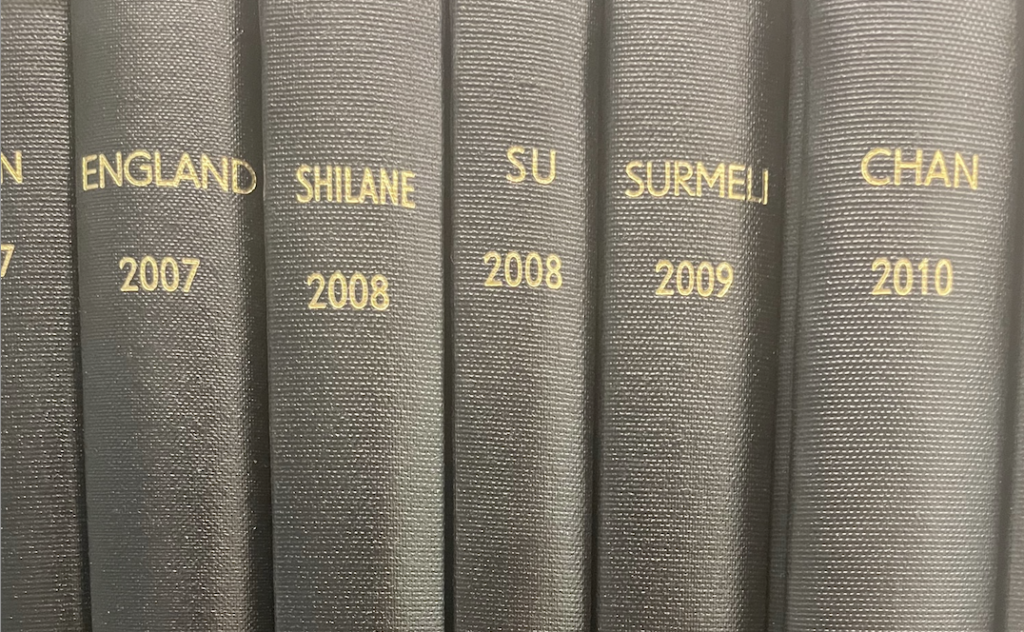
From the moment they are admitted to Princeton University, undergraduates anticipate the singular requirement of the senior thesis. It offers the chance for them to pursue original research and scholarship in a field of their choosing while working one-on-one with an adviser. Princeton is one of the few Ivy League schools to require a thesis for graduation.
Along with the rest of the senior class, the 23 chemistry concentrators finished their theses about a month ago. But the impact of the experience lingers, often for years, sometimes for decades.
We asked five graduating seniors about the process, which used to earn them the right to boast: “I wrote a book.” Today, senior theses in the Department of Chemistry are digital. But the phrase still carries the day.
Concentrators’ answers, edited for length, appear below. Congratulations to the Great Class of ’24 on achieving this commendable milestone.
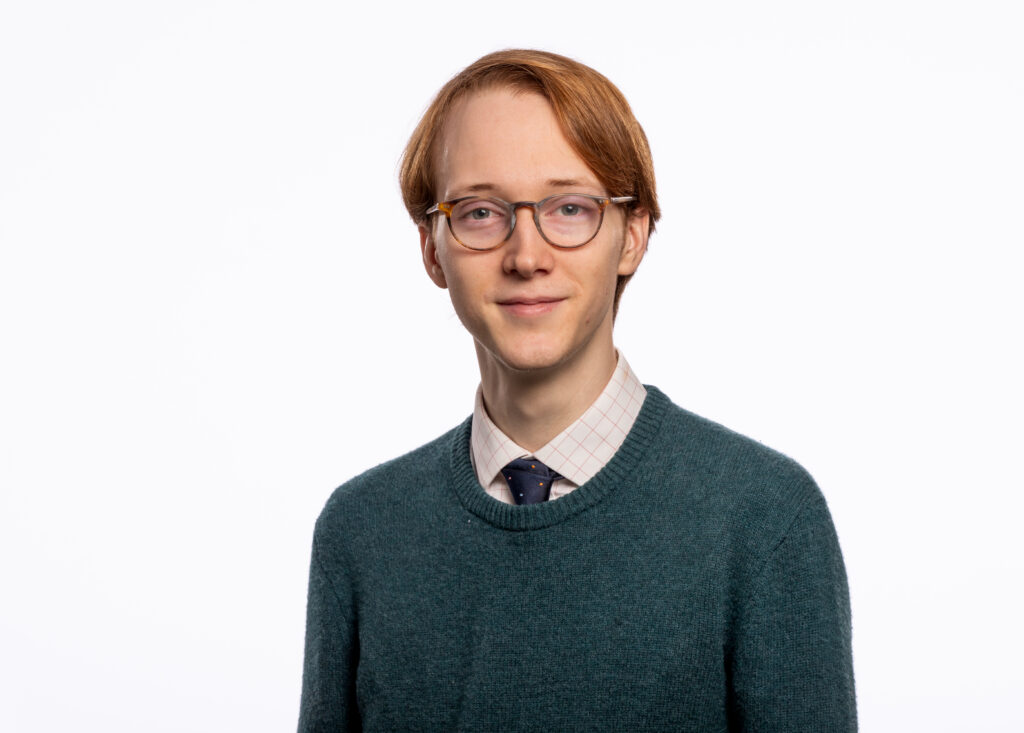
Kit Foster, Class of '24
KIT FOSTER
Adviser: Erik Sorensen
Thesis: Advancements in Nitrogen Deletion Enabled Squalene Synthesis
Was this a rewarding experience?
It was a real joy scouring the literature to find historical ways of making my compound of interest (i.e. Squalene). The chemists of old were so creative with their methods, and since Squalene is a significant molecule in the development of total synthesis, many “big name” scientists of the past century have taken a crack at producing it. By reading their papers, I became acquainted with these chemists and their stylistic quirks in a very parasocial way. By the time I was writing my conclusion, they felt like close friends of mine. They felt like real, fallible people who face both hurdles and roadblocks in their own unique ways.
Knowing the ideas of important players in your field is critical for any undergraduate education, but demystifying your predecessors is uniquely important for science students. We are far too frequently fed the narrative that pure genius exists and that we as students can only achieve genius status by living up to impossible standards. I felt like writing this thesis peeled back the facade that the academic giants are somehow different from the rest of us; and in doing so, I can now see myself as being capable of similar achievements.
What was the most difficult part of your thesis?
For me, there was this urge to push off certain easy but monotonous tasks. I found myself saying, “I’ll just write up my bibliography right before I submit,” or “I can edit this sentence for word-flow later; it’s easy and low priority.” This was a mistake because, by the end, these small tasks added up. While actually writing my thesis was slow but relatively relaxing, the last dash to finish all the little things that I hated doing was extremely mentally taxing. So, here is my advice to future seniors who are delving into their thesis: write your bibliography before the last day. You’ll thank me later.
What are your post-commencement plans?
I will be working in a post-baccalaureate program at Belharra Therapeutics in San Diego, CA. I’m really excited to continue developing my chemical intuition and immerse myself in drug-discovery chemistry, a field with which I am currently completely unacquainted. While New Jersey has been beautiful, I am also thrilled to be moving back to Southern California. I’ll be closer to my family and delicious Mexican restaurants, both of which I enjoy exorbitantly.
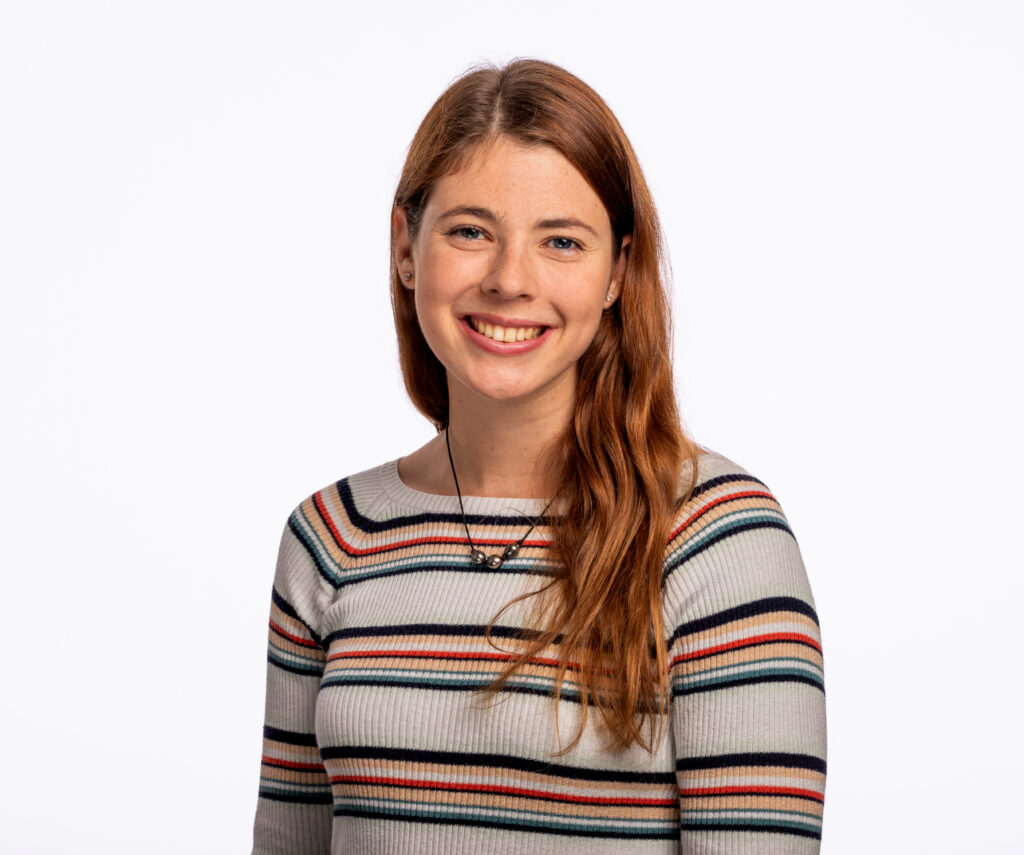
Emma Cavendish, Class of '24
EMMA CAVENDISH
Adviser: Paul Chirik
Thesis: Upgrading Bioderived Dienes through Cycloaddition and Ring Opening Metathesis Polymerization: Catalyst Development and Materials Design
Was this a rewarding experience?
I think I like researching more than I like writing about the research, but there is something about putting it all down on paper that brings more clarity to the process and highlights weaknesses and areas that need further exploration.
What was the most difficult part of your thesis?
The most difficult part of completing the thesis was selecting a stopping point. There is always more research that can be done and that would be informative, so I tried to wait until the last possible minute to wrap up the research that would be included in my paper.
What are your post-commencement plans?
After graduation I will be doing clinical research at Boston Children’s Hospital while applying to medical school.
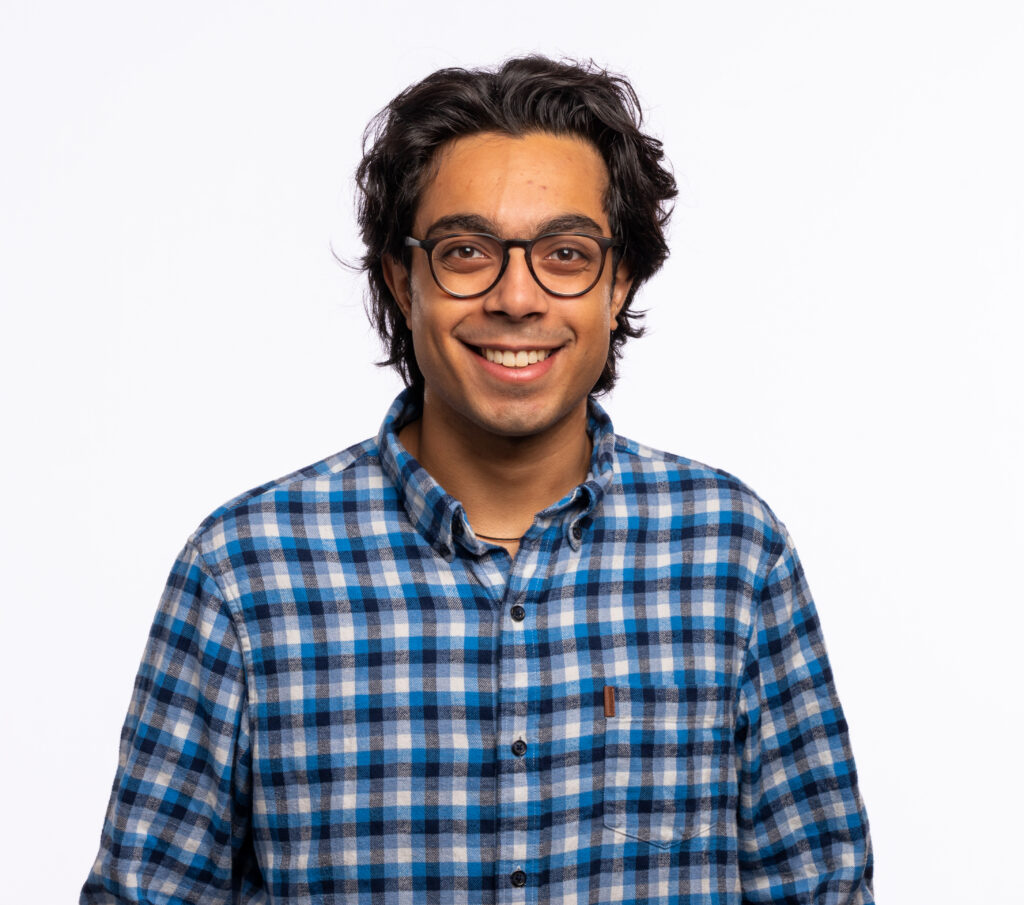
Sandeep Mangat, Class of '24
SANDEEP MANGAT
Adviser: Erik Sorensen (also: Nick Falcone, John Hoskin, Samuel He)
Thesis: N-to-C Transmutations of Nitrogen-Containing Heterocycles
Was this a rewarding experience?
What I found most rewarding about the thesis was that it allowed me to become a sort of expert in a very focused field in organic synthesis. Classes had given me a broad look at the subject, but spending a year researching a specific topic helped me master some of the reactions we learned about in pursuit of my own synthesis goals.
I enjoyed the research process because it offered a break from the pace of the Princeton life. I like working with my hands and the demands of a project that involved a lot of benchwork gave me the chance to do just that. Purifying a reaction, for instance, allowed me to step away from my computer screen, before which I’d spent most of my time as a student. It allowed me to exercise my mind in a different way.
One thing I learned about the writing process was to have trust in the overarching goals of the project when trying to write about it. There were times at which I’d get lost in the granularity of a task; getting overwhelmed, for instance, by a figure that was taking too long to make sometimes led me to forget about the successes I luckily was able to achieve in the lab.
What was the most difficult part of your thesis?
The most difficult part about completing this “book” was definitely balancing my time between the lab and my other commitments. In the year I did my thesis research, I was also an editor at The Daily Princetonian, a job that required a lot of attention. It was not uncommon for me to run out of lab to interview a source or write up the latest scoop. Simultaneously, running a column on a crude product required my undivided attention. Navigating these competing forces was difficult but, ultimately, successful, as both my articles and my thesis were able to be published!
What are your post-commencement plans?
Guided by an interest in bringing science to wider audiences, my next step after graduation is to pursue a career in journalism.
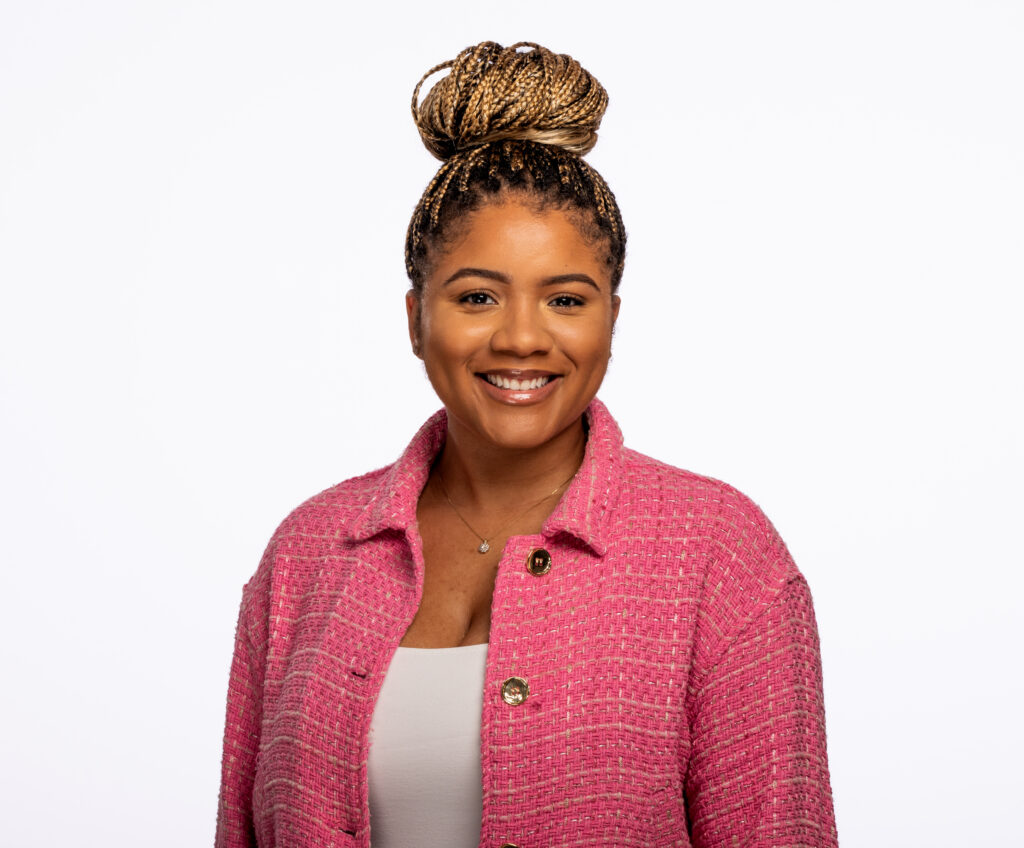
Beianka Tomlinson, Class of '24
BEIANKA TOMLINSON
Adviser: Joshua Rabinowitz
Thesis: Investigating how purified diets synergize with cancer therapy to improve outcomes in mouse models of pancreatic ductal adenocarcinoma and melanoma
Was this a rewarding experience?
I learned a lot from writing my thesis—more than I thought I would. I had thought that the majority of my learning would take place in the lab or when I was doing my literature review, but it was surprising how much new knowledge and insight emerged as I was synthesizing the written parts of my thesis. What I learned about the writing process is that learning does not end in the lab but continues throughout all aspects of the project.
What was the most difficult part of your thesis?
I really enjoy being in the lab, so even though it presented challenges as I managed my other responsibilities as a student, it was not the most difficult part for me. Writing, surprisingly, proved to be extremely rigorous. I was nervous about writing because there were so many results I had to work with and I didn’t know where to begin. I also found that the writing process magnifies parts of your project that has gaps or inconsistencies, so I always have to be taking notes on which parts of my lab work to review and fine-tune. I had to be more mentally present when I was writing than when I was in the lab. This process, despite being the most challenging, probably taught me the most about my project and even about myself and my tendencies as a researcher.
What are your post-commencement plans?
I plan to be an oncologist by profession, but I also enjoy research. In particular, I want to conduct research on diseases like cancer that affect people of color and those from low-income communities the most, as these groups are the most neglected by the medical community. Because of this long-held interest, I will be a post-baccalaureate fellow at the National Institute of Aging under the National Institutes of Health, where I will spend two years studying age-related diseases and how vulnerable populations develop a propensity for them on both an epidemiological and molecular level. I will then go to medical school and become a physician, practicing in both oncology and conducting cancer research.
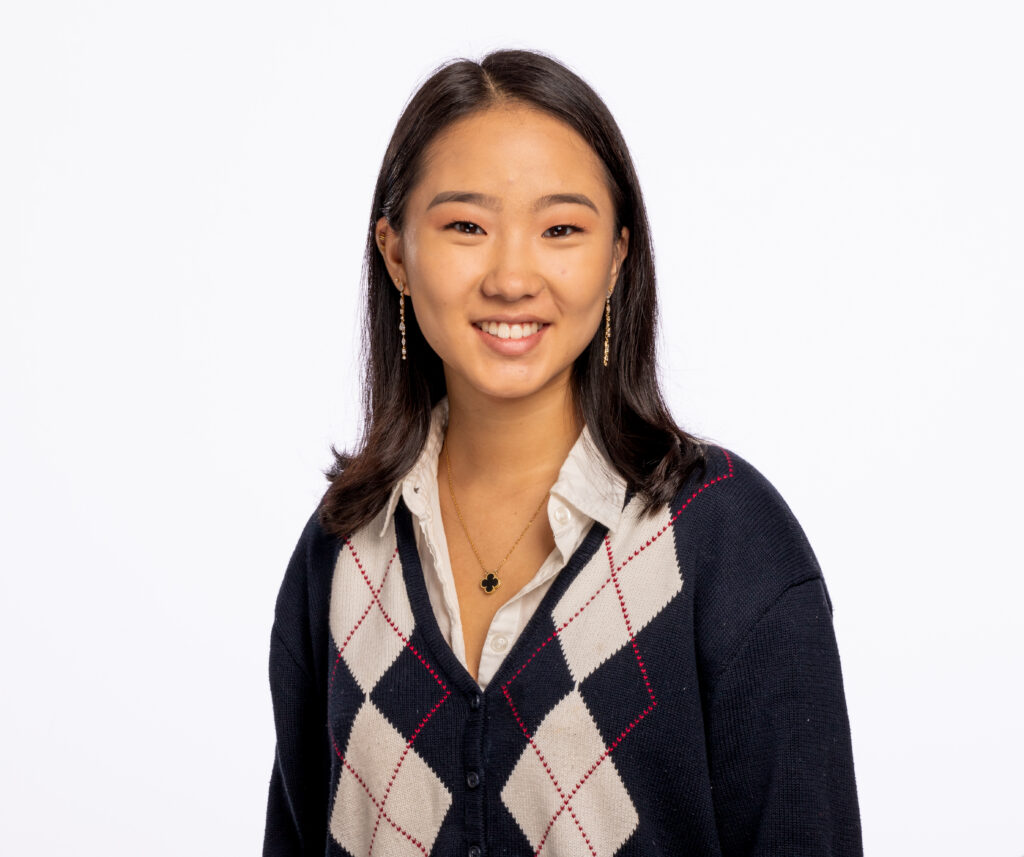
Jess Wang, Class of '24
JESS WANG
Adviser: Erik Sorensen
Thesis: Towards the Synthesis of Blazeispirol A: Progress Regarding the Preparation of an Enantiopure Phosphonate Fragment
Was this a rewarding experience?
Research-wise, I found the creative process involved in synthetic design to be the most rewarding. I also enjoyed organizing the different elements of this project together to provide a cohesive narrative in my writing.
What was the most difficult part of your thesis?
The most difficult part of writing this thesis was the amount of time it took!
What are your post-commencement plans?
After graduation, I will be teaching at a college in Vietnam for one year through Princeton in Asia. Afterwards, I will pursue my Ph.D. in chemistry at Caltech.
